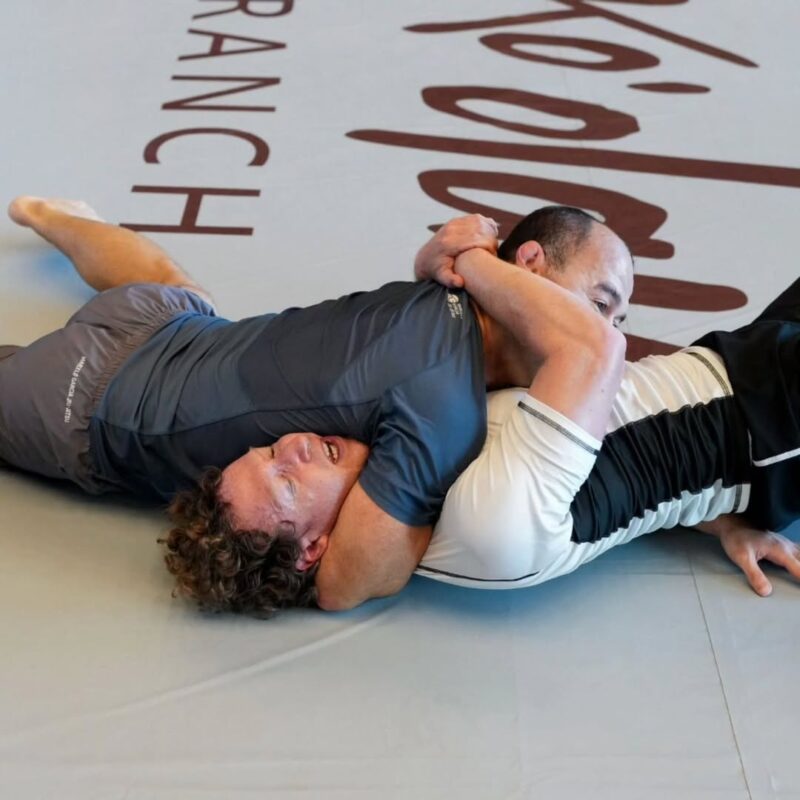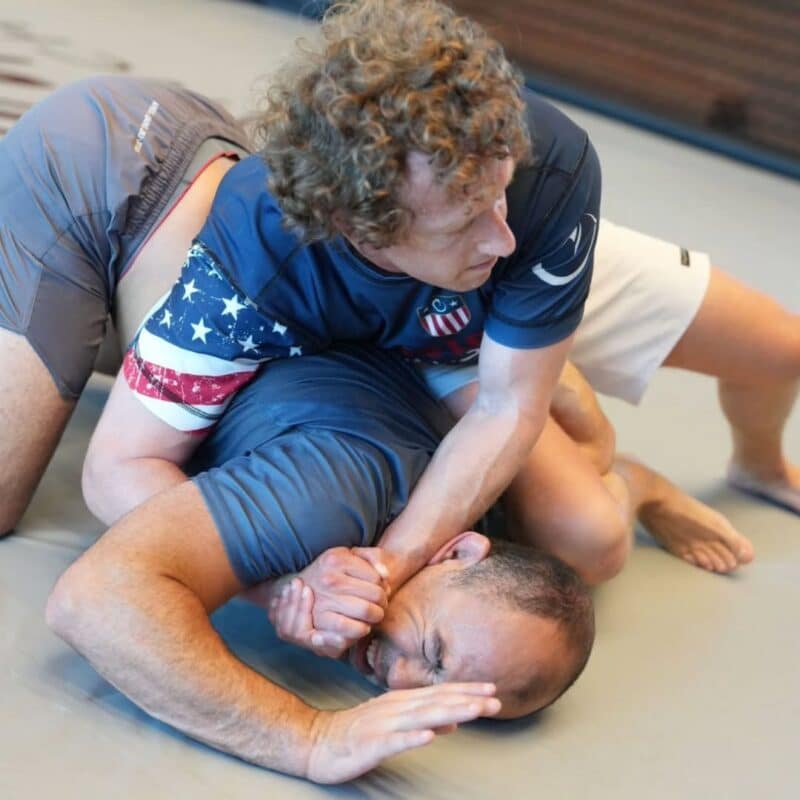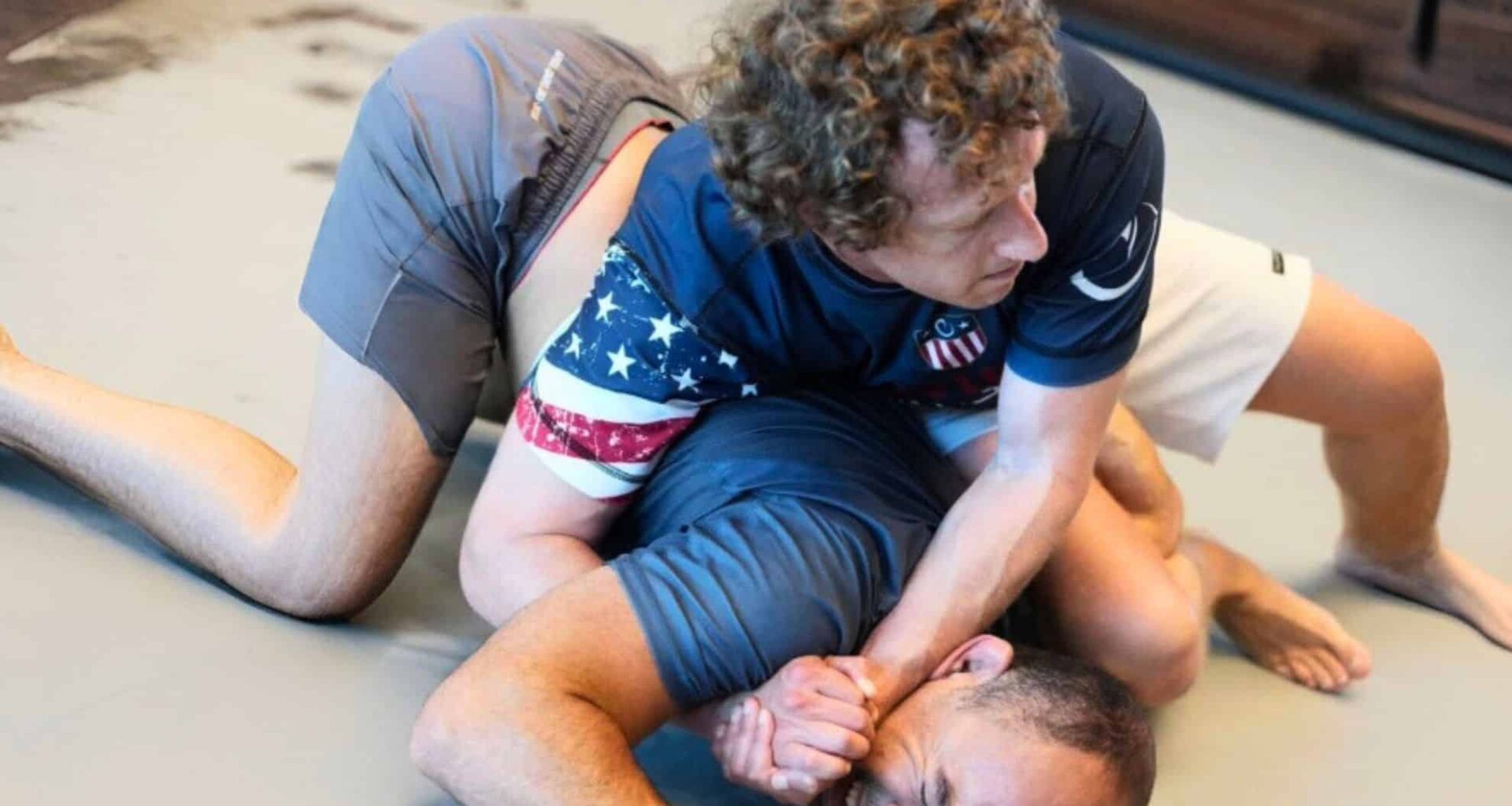Reports have surfaced that Mark Zuckerberg, chief executive of Meta, asked senior employees to join him in mixed martial arts (MMA) training sessions, an unusual demand that some former staff members describe as awkward and unwelcome. The revelations come from Nick Clegg, Meta’s former president of global affairs, in excerpts from his forthcoming book How to Save the Internet, due for publication in November.
A CEO’s Passion for Combat Sports
Zuckerberg’s interest in martial arts is well-documented. The tech billionaire has competed in amateur jiu-jitsu tournaments and even built a personal octagon on his Hawaiian estate for sparring sessions. In investor documents filed by Meta, the company has acknowledged that Zuckerberg and members of his leadership team frequently engage in “high-risk activities,” including combat sports, extreme sports, and recreational aviation — risks that could affect the continuity of Meta’s operations if injuries occur.

According to Clegg, this passion spilled over into corporate life during a leadership retreat, where Zuckerberg urged top executives to train with him. Clegg recalls being pinned in a grappling position known as the “mount,” describing the experience as “a bit too intimate to feel comfortable.”
Echoes of a Fight That Never Was
The disclosure follows last year’s highly publicized — and ultimately cancelled — plan for a cage fight between Zuckerberg and Elon Musk, chief of Tesla and X. Though the clash never took place, it highlighted Zuckerberg’s dedication to MMA, in contrast to Musk’s playful taunts on social media.

Analysts at Stanford University have noted how physical pursuits like martial arts can be used by leaders to project discipline and resilience, a trend not uncommon among high-profile executives seeking to reshape their public image.
Shifting Persona and Political Undertones
Zuckerberg’s growing association with combat sports coincides with a noticeable shift in his public image. Once portrayed as a reserved figure at the helm of Facebook, he has in recent years embraced a more assertive, risk-oriented persona. This evolution has also overlapped with political realignments, with observers pointing to his support for more conservative positions following the 2020 US election.

Former colleagues suggest this change is not just cosmetic. Clegg’s account underlines how employees were sometimes drawn into the CEO’s personal pursuits, willingly or otherwise, blurring the boundaries between corporate leadership and private enthusiasm.
The Risks of Leadership Culture in Silicon Valley
The incident raises broader questions about workplace culture in Silicon Valley, where the personal habits of tech leaders often spill into the professional realm. From high-risk hobbies to lifestyle experiments, these choices can set the tone for entire organizations.
A 2022 study by the Harvard Business Review found that 38% of employees reported discomfort when asked to participate in non-work activities initiated by executives, particularly when those activities carried physical or reputational risks.
For Meta, the prospect of its chief executive taking part in dangerous sports is not just a quirk but a matter disclosed to investors, highlighting how one man’s hobbies can ripple through one of the world’s largest technology companies.

